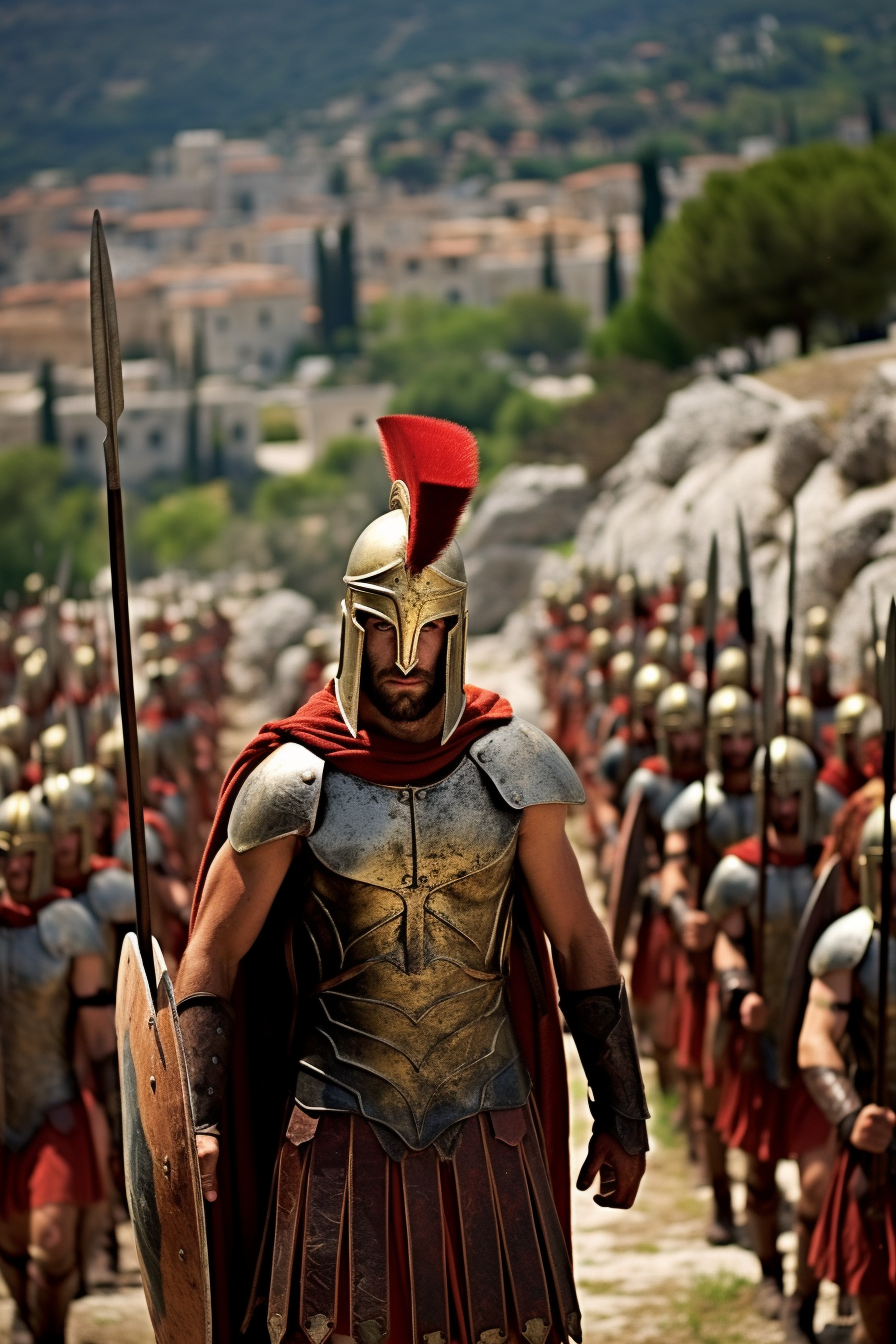Post
Life in Sparta
In Ancient Greece, the city-state of Sparta stood out for its unique social and political structure. Unlike other Greek city-states that focused on artistic and intellectual pursuits, Sparta prioritized military strength and discipline. Life in Sparta revolved around their military society, known as a meritocratic oligarchy.
One of the defining aspects of Spartan life was the strict training and education given to boys from a young age. At the age of seven, boys were taken from their families to live in military barracks known as the Agoge. Here, they underwent rigorous physical training, emphasizing endurance, strength, and combat skills. The goal was to mold them into highly disciplined soldiers who would defend the city-state.
While Spartan women did not engage in military training like their male counterparts, they played a significant role in society. Spartan women were known for their physical fitness and were encouraged to participate in athletic activities. This focus on physical strength extended to childbirth, with Spartan women expected to bear healthy and strong children who would grow up to be warriors.
The social and political structure in Sparta was also unique. Government power was held by a small group of elite citizens known as the Spartiates. These citizens lived a simple and frugal lifestyle, with no private property or wealth. Their main duty was to serve in the military, which meant they spent most of their lives away from their families and homes.
Meanwhile, the non-citizen inhabitants, known as the Perioikoi and the Helots, played crucial roles in supporting the Spartan economy. The Perioikoi were free inhabitants who engaged in trades and crafts, while the Helots were semi-enslaved agricultural laborers. The Helots, who outnumbered the Spartans, worked on the agricultural land and provided for the city-state's needs while the Spartans focused on military matters.
Overall, life in Sparta was characterized by its focus on the military and its disciplined and austere society. The Spartan system with its rigorous training and strict social hierarchy allowed the city-state to maintain its military dominance within Ancient Greece. However, the Spartan way of life also led to a lack of cultural and intellectual advancements compared to other Greek city-states.
